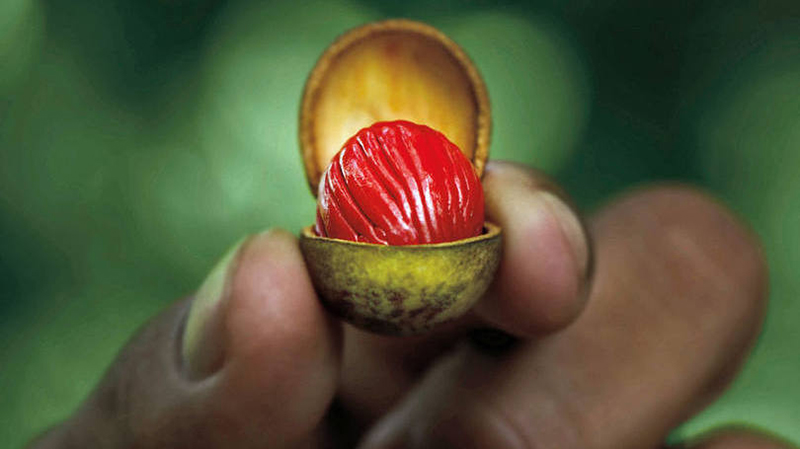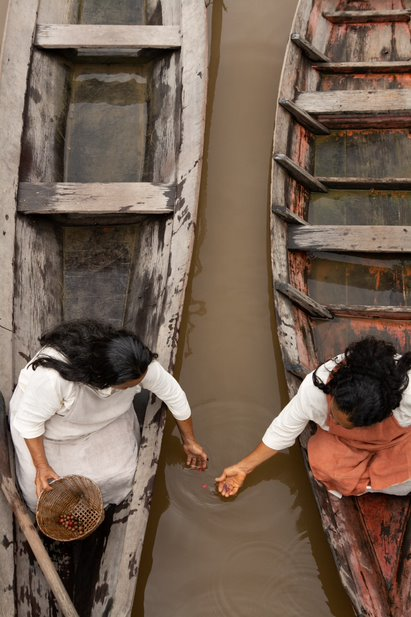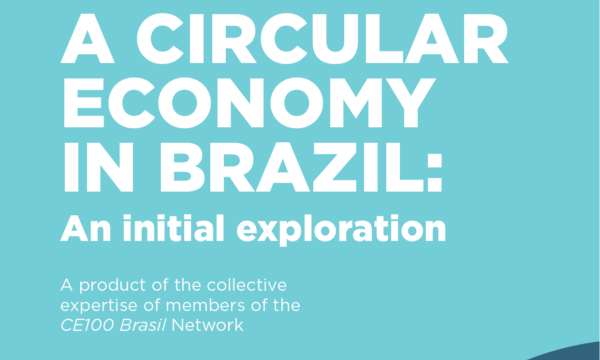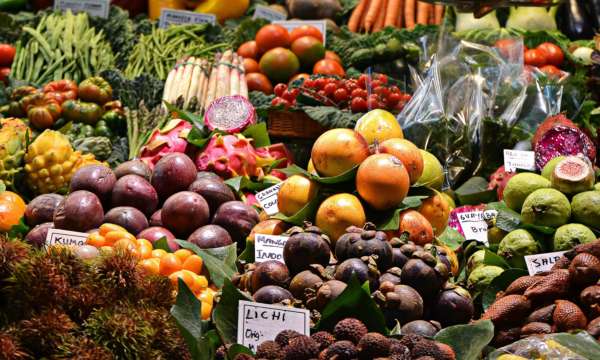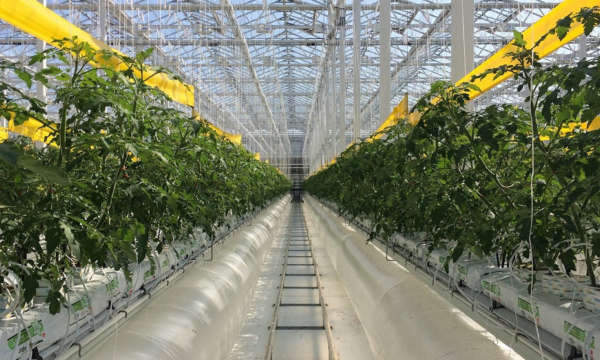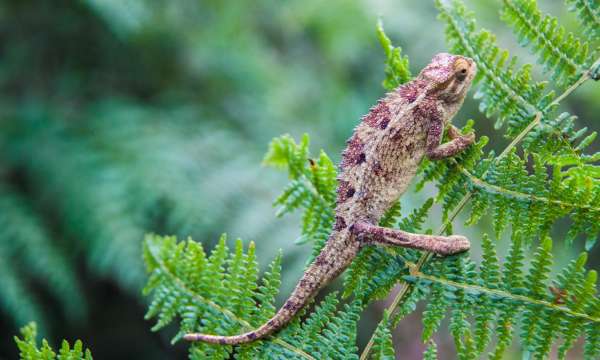What do they do
Natura is South America’s largest cosmetic company. The brand became global when it purchased Aesop in 2012, the Body Shop in 2017, and most recently Avon products, making it the fourth largest beauty company in the world.
Natura produces a huge range of products including soaps, creams, and shampoos, all of which rely on the rich biodiversity of the Amazon for ingredients and materials, as well as the ‘bio-intelligence’ of the local communities. The company’s supply chain includes almost 40 types of ‘biodiversity assets’ (plant-derived ingredients) and they work with about 7000 local families.
